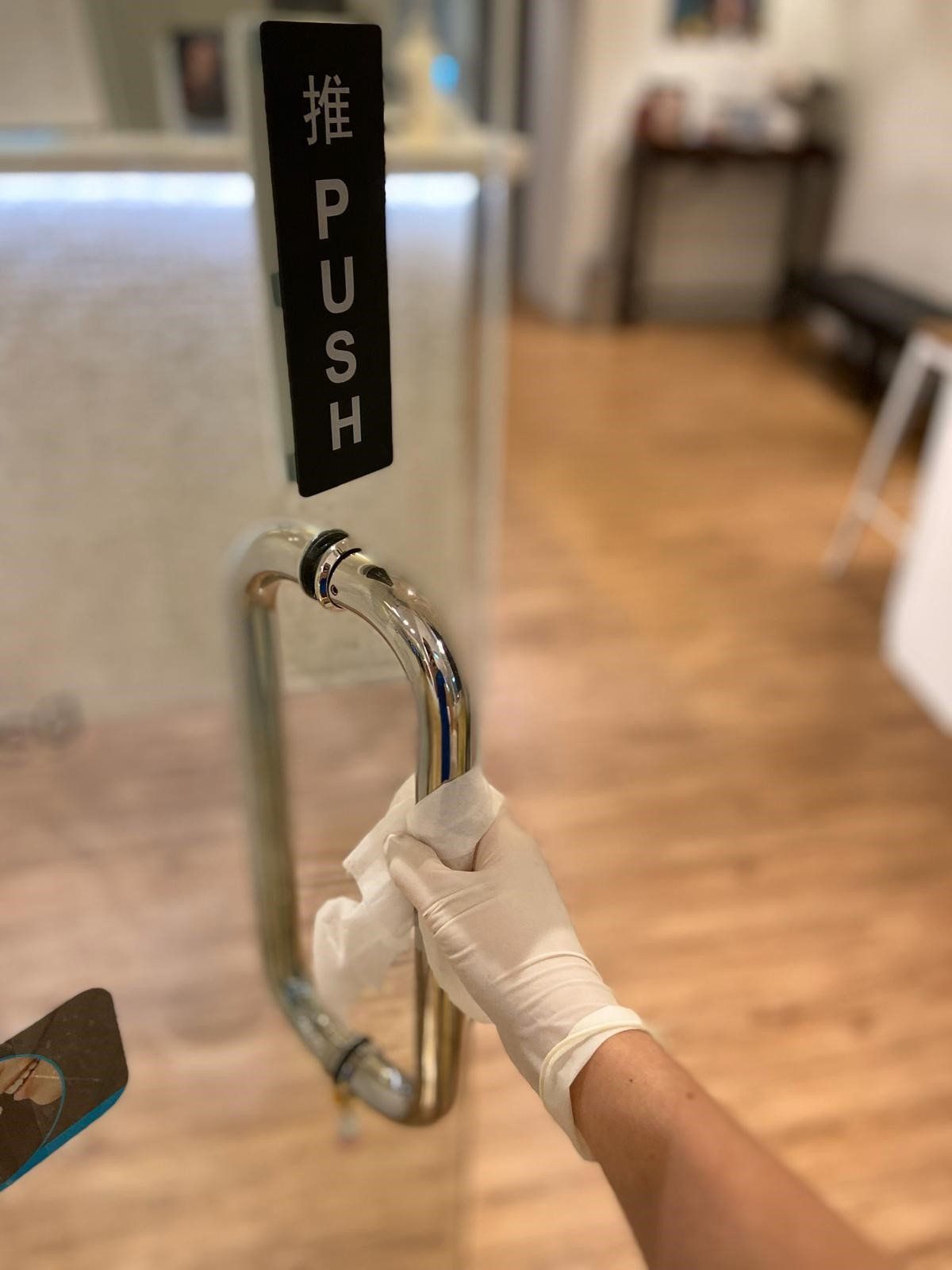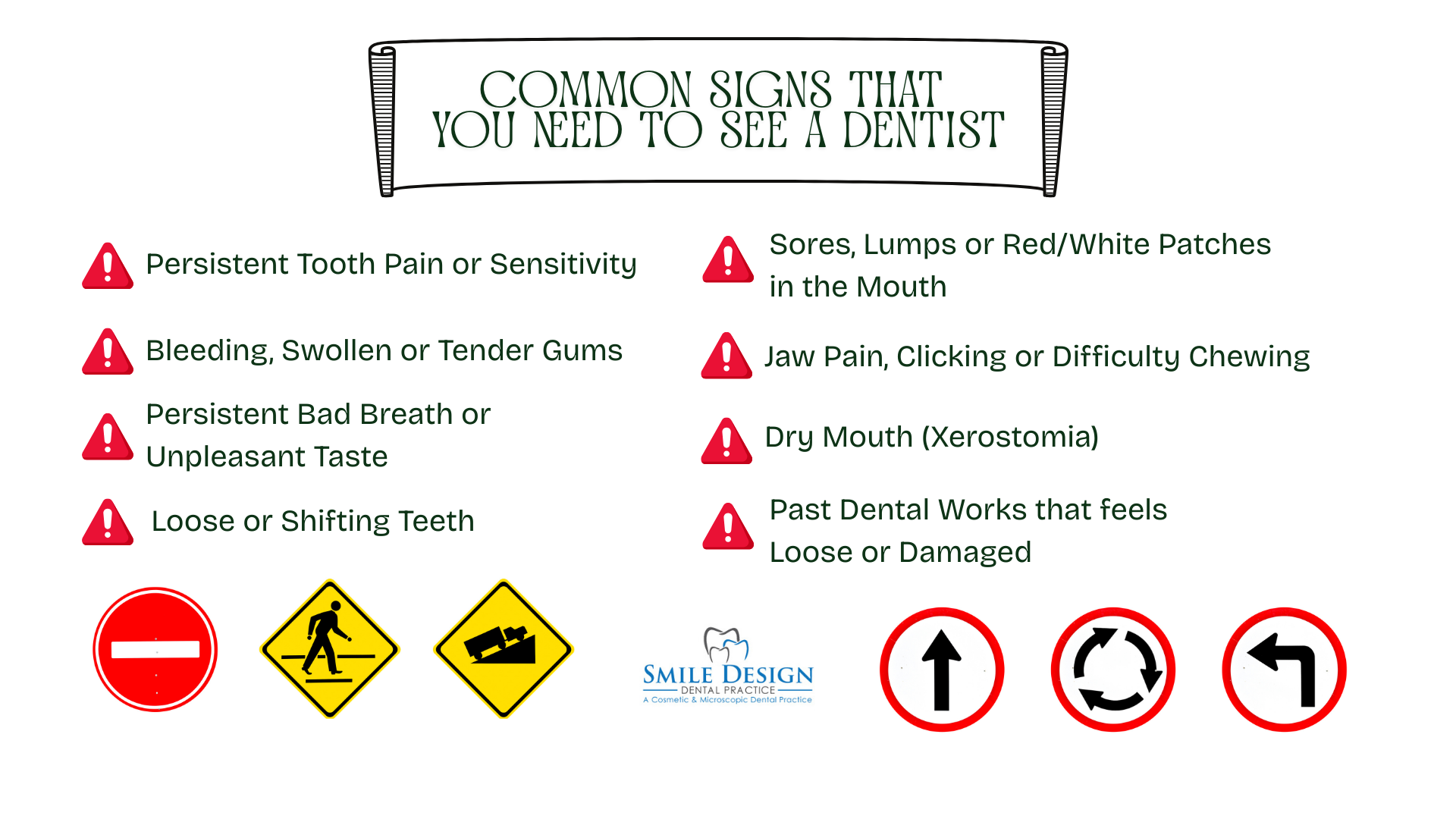Concerns about hygiene in the dental clinic? We will take care of it!
Dr Gordon Tam • February 14, 2020
How far would you go keep your homes and workplaces clean and maintain the hygiene? With more and more new viruses we encounter these days, we are taking more precaution and higher frequency of disinfection. Because we care for you as much as you cared for your loved ones.
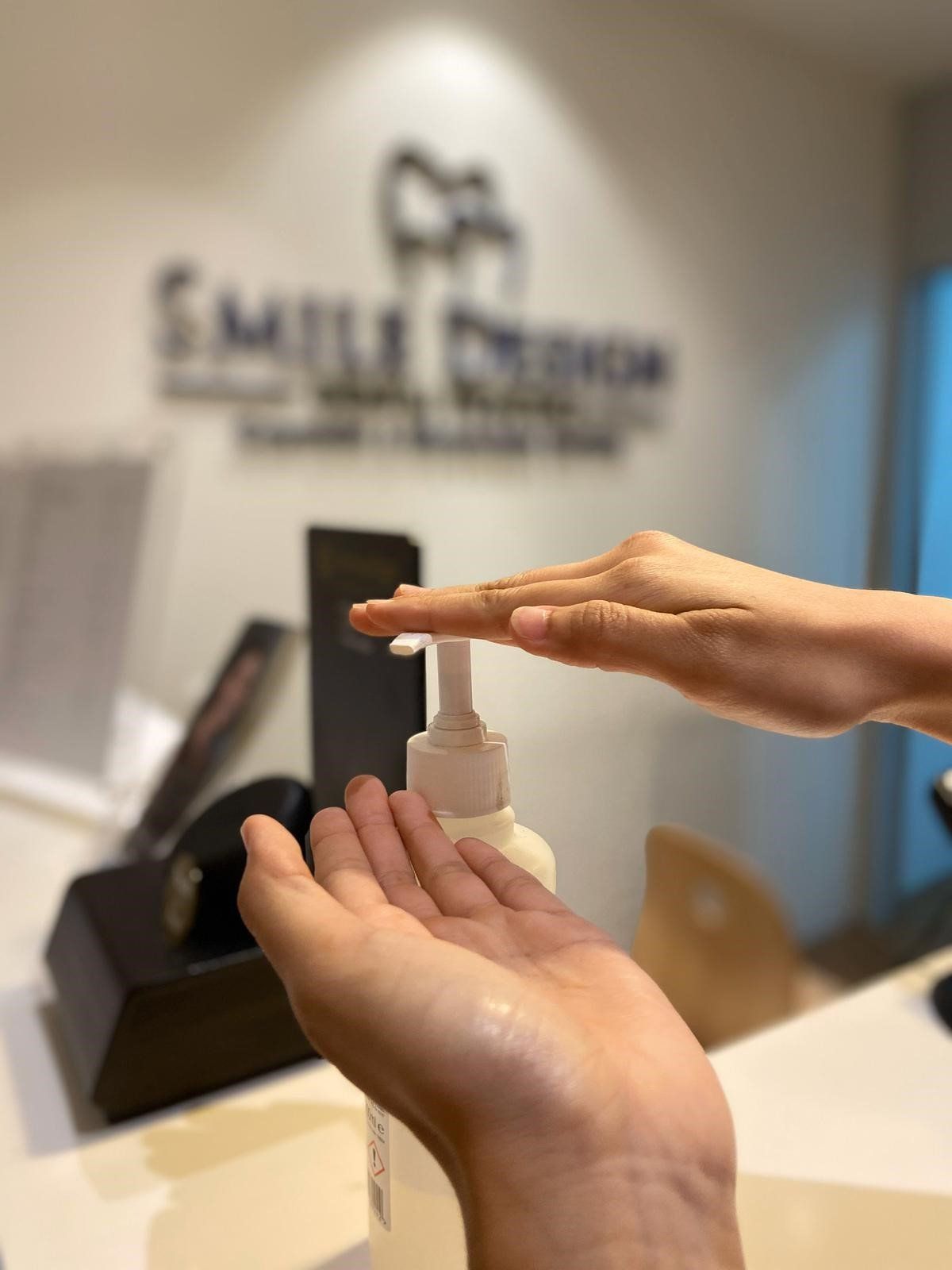
Many are concerned about the ongoing Coronavirus COVID-19 that is spreading not only in China, or Singapore, but worldwide. As part of the healthcare industry, we are as concerned as you. While many are equipping themselves with masks and hand rubs, cleaning their houses and offices with disinfectants, Smile Design Dental Practice has also stepped up our routine disinfecting procedures.
Apart from the usual routine stringent cleaning, we have increased the frequency of disinfecting common areas such as door handles, counter tops to even the pen you used to sign on the credit card slip!
What is Sterilisation?
In the healthcare industry, sterilisation process is the utmost guardian of success of any treatments. In Smile Design Dental Practice, we place a high emphasis on our entire sterilisation process and infection control. The sterilisation process consists of rinsing the used instruments and soaking them in a medical grade cleaning solution before proceeding to a round of thorough scrubbing and cleaning. These instruments are cleaned, dried and pouched into individual sterilisation pouches and sent into the autoclave to begin the high temperature sterilisation process.
As for tiny and fragile instruments such as dental burs, surgical instruments and endodontic instruments will undergo the cleaning process and an additional step to ensure that the instruments are thoroughly cleaned by putting into the ultrasonic machine to allow any possible dirt to detach from the instruments. Subsequently we will rinse these instruments for another round before drying and pouching them and finally enters the autoclave for the sterilisation process.
Our Sterilisation Process
One of the main deciding factors for a new patient when stepping into a dental clinic is hygiene. Other than the first impression, decor of the clinic, reception and services provided, sterilisation process (infection control) is vital to the operations of a dental clinic.
After treatments,our dental assistant is in charge of clearing out any sharp items from the treatment room and disposing them into the designated sharp box. She will then proceed to clear out instruments, equipment and handpieces and soak them in a chemical solution of our sterilisation room.
Cleaning of all instruments, equipment and handpieces will happen within the sterilisation room. According to the proper usage of chemical solution, we soak the used instruments, equipment and handpieces for at least 15 minutes before washing and scrubbing them thoroughly under running water. The instruments, equipment and handpieces are then dried, pouched and sealed individually.
Subsequently, we send the pouched items into the autoclave, a vacuum chamber that uses high pressure and high temperature to steam and sterilise all the items. Autoclaves can provide sterilisation of dental instruments and these dental instruments be kept sterile for up to 12 months in sealed pouches.
The autoclave is able to sterilise and kill viruses that cause mad cow disease, hepatitis and HIV. Our team records patient’s medical history and details. From the patient’s information and health history, we are able to take extra precaution and make sure that we adhere strictly to the safety and hygiene guidelines and protocols.
Through our stringent and meticulous system, we ensure the sterilisation process is carried out in the proper regime, to the highest level of sanitisation; for your peace of mind.
For more information and consultation, please contact Smile Design Dental Practice at +65 6463 8588 .
To serve you better, we are available by Appointment Only.
Please contact us to schedule for an appointment.

Pregnancy is a beautiful and transformative journey, but it also comes with unique challenges for a mother’s health—including oral health. Many expectant mothers don’t realise that hormonal changes, new dietary habits, and morning sickness can affect their teeth and gums. Because dental health is closely connected to overall health, neglecting it during pregnancy can have consequences for both mother and baby. This article explores the most common dental issues that arise during pregnancy, why they matter, whether you can safely visit a dentist during this time, and what steps you can take to protect your smile.
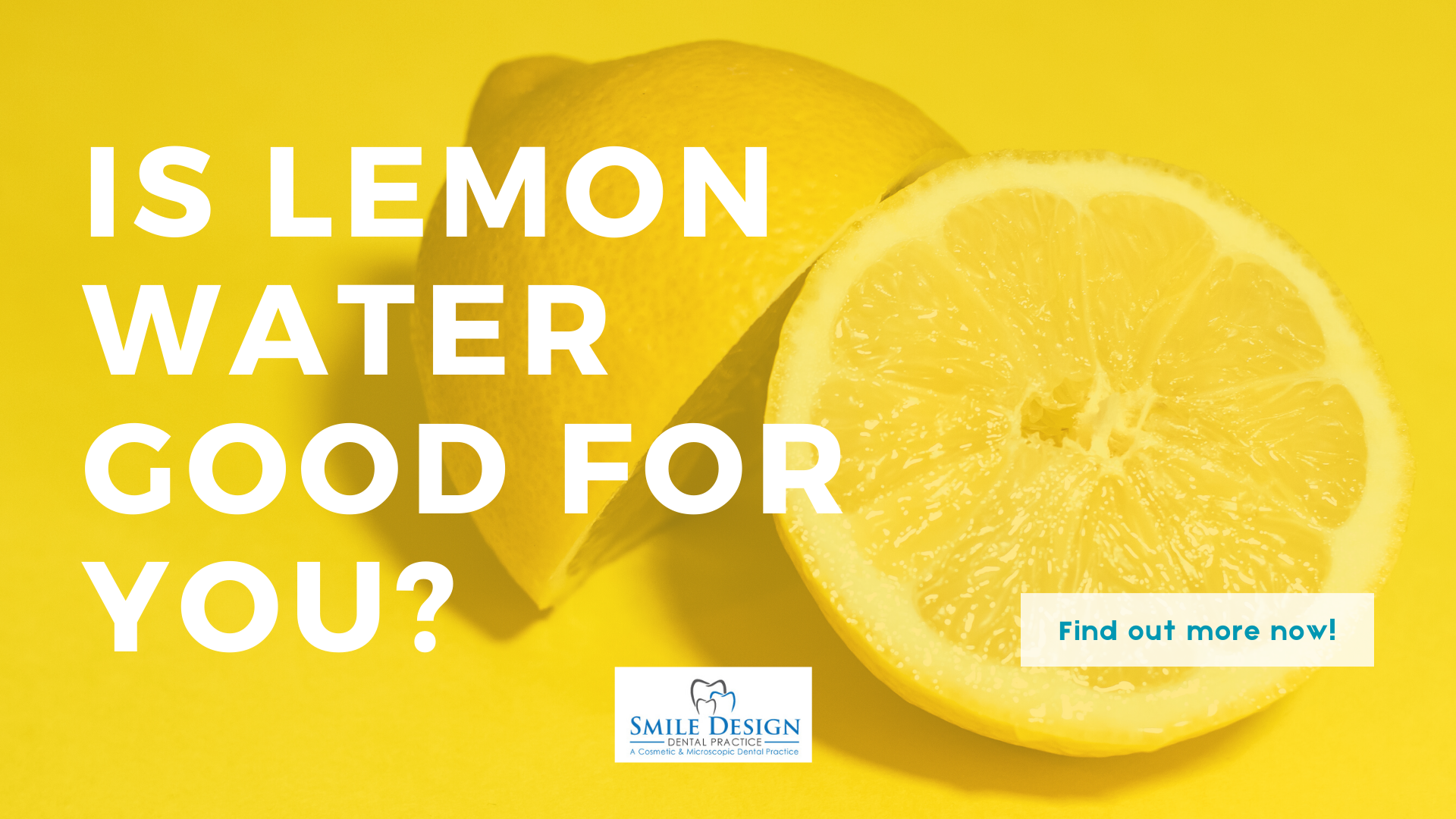
In recent years, lemon water has gone from a simple household drink to a global health trend. Wellness experts, celebrities, and fitness enthusiasts often recommend starting the day with a warm glass of lemon water. Many believe it boosts immunity, improves skin, aids digestion, and helps with weight loss. But how much of this is true, and how much is just hype? Let’s look deeper into the science behind lemon water and whether it’s as good for you as it seems.
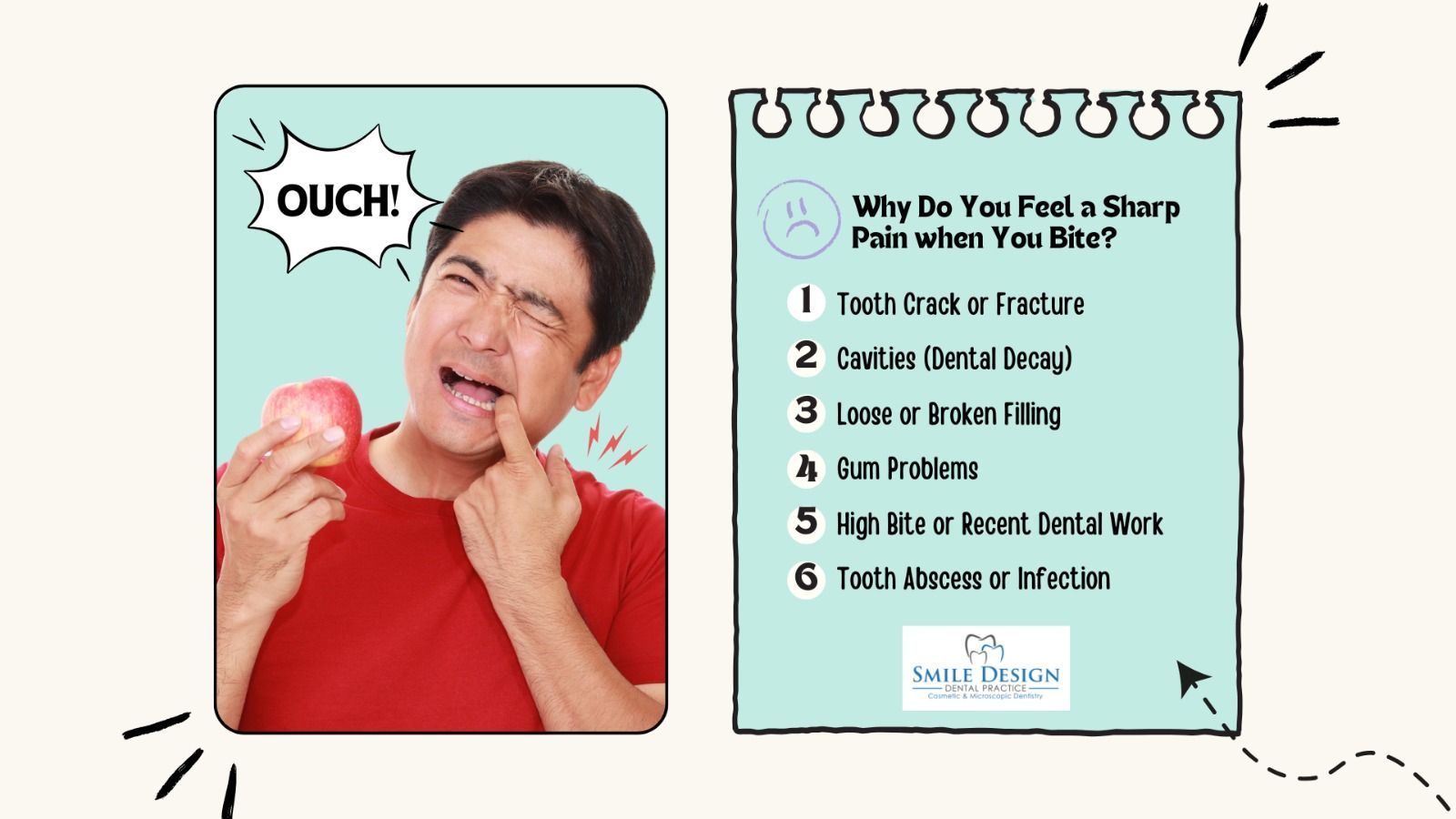
Have you ever bitten down on food and suddenly felt a sharp, stabbing pain in one of your teeth? This uncomfortable sensation can be worrying, but it’s also your body’s way of telling you something isn’t right. Understanding the possible reasons can help you know when to see a dentist and prevent more serious problems.
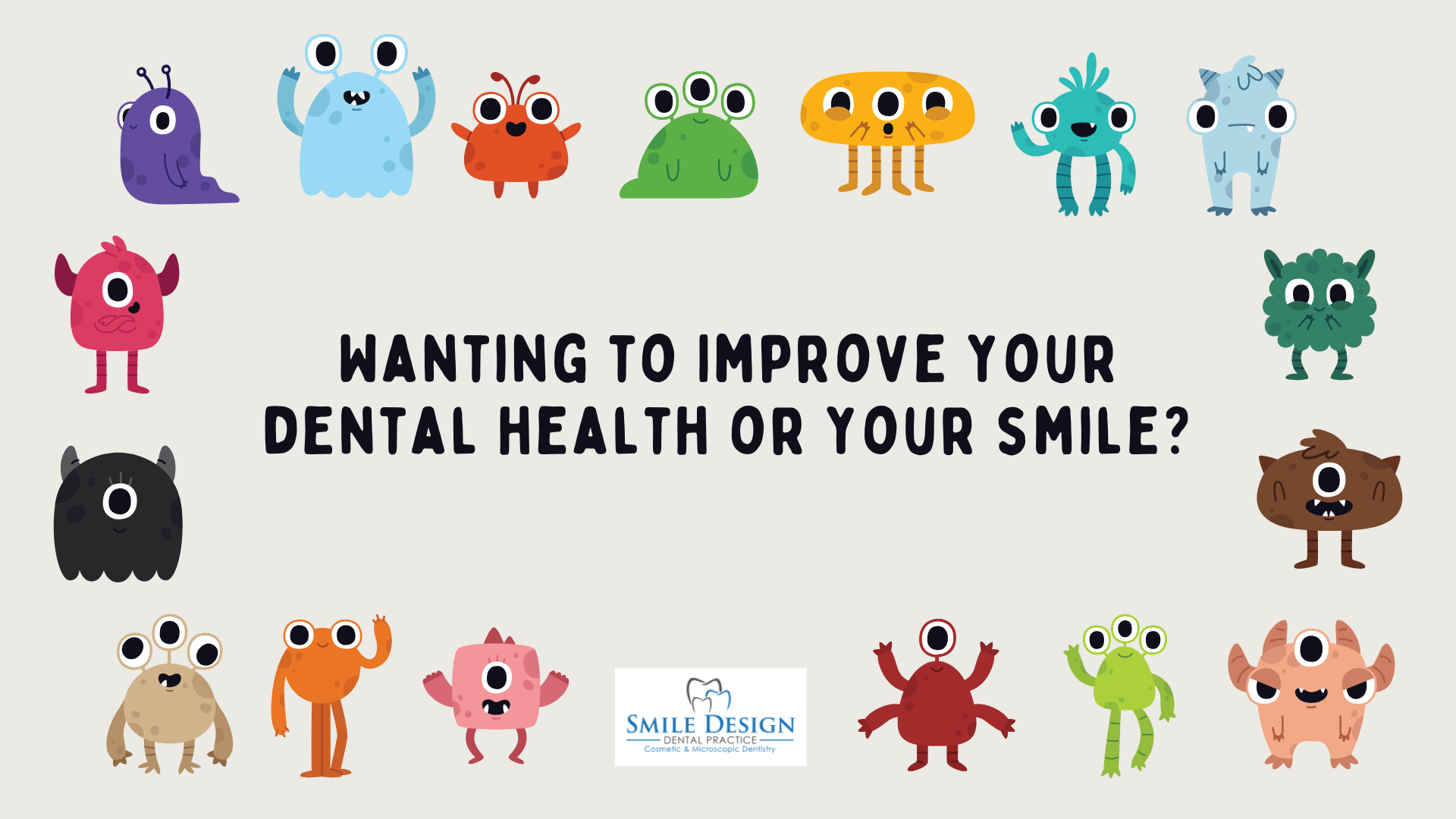
Your smile is one of the first things people notice about you — but more importantly, it reflects your overall health and wellbeing. Whether you want to restore your dental health after years of neglect or enhance your smile's appearance, you’re not alone. Many people feel self-conscious about their teeth, but the good news is that modern dentistry offers numerous ways to help you regain your confidence and maintain a healthy, beautiful smile for years to come.
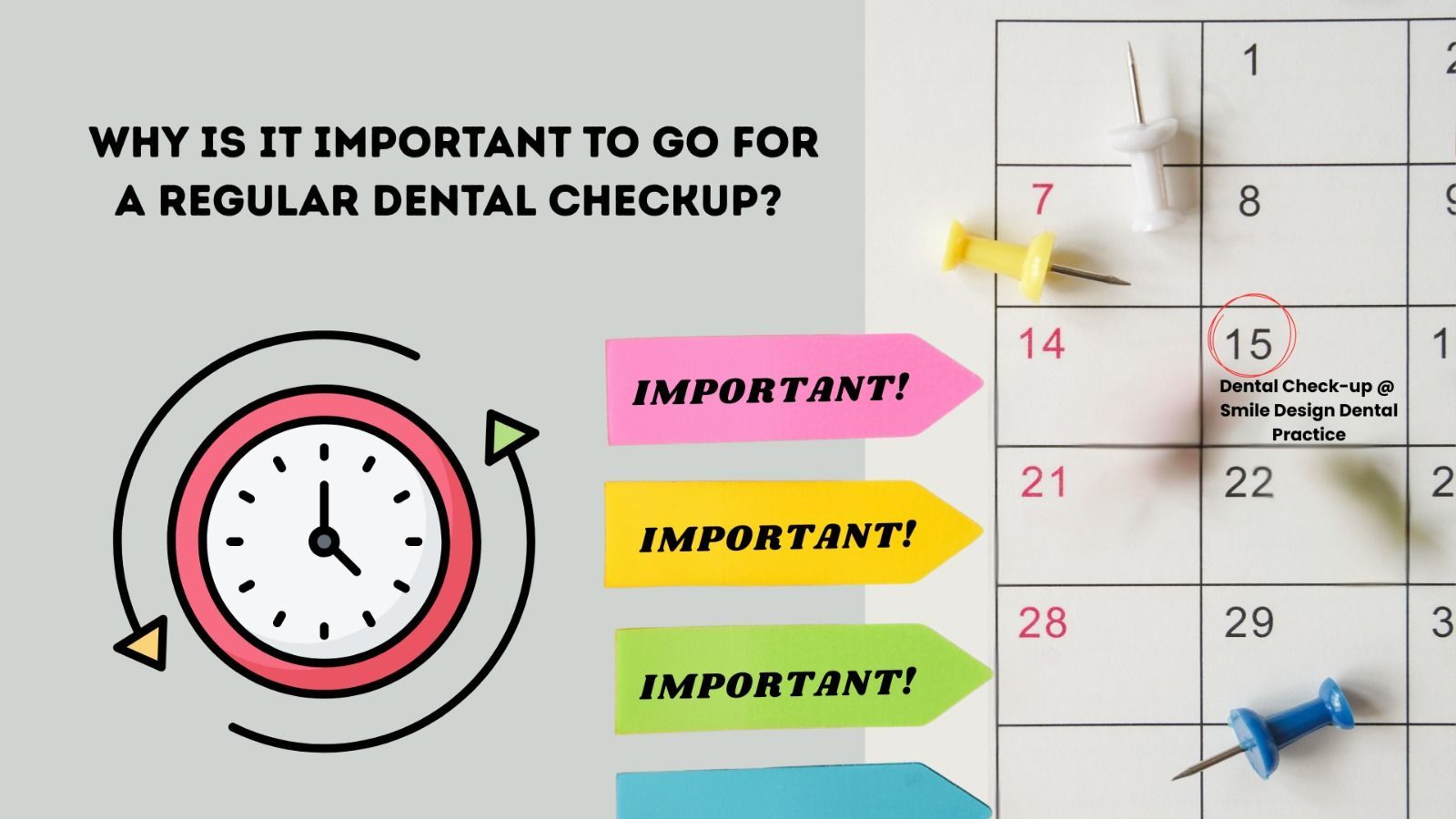
Most people are aware that they should visit the dentist regularly, but many underestimate the importance of these routine visits. A dental checkup is not just about keeping your smile looking good—it’s essential to maintaining your overall health and well-being. Here’s why you shouldn’t skip your regular dental appointments.
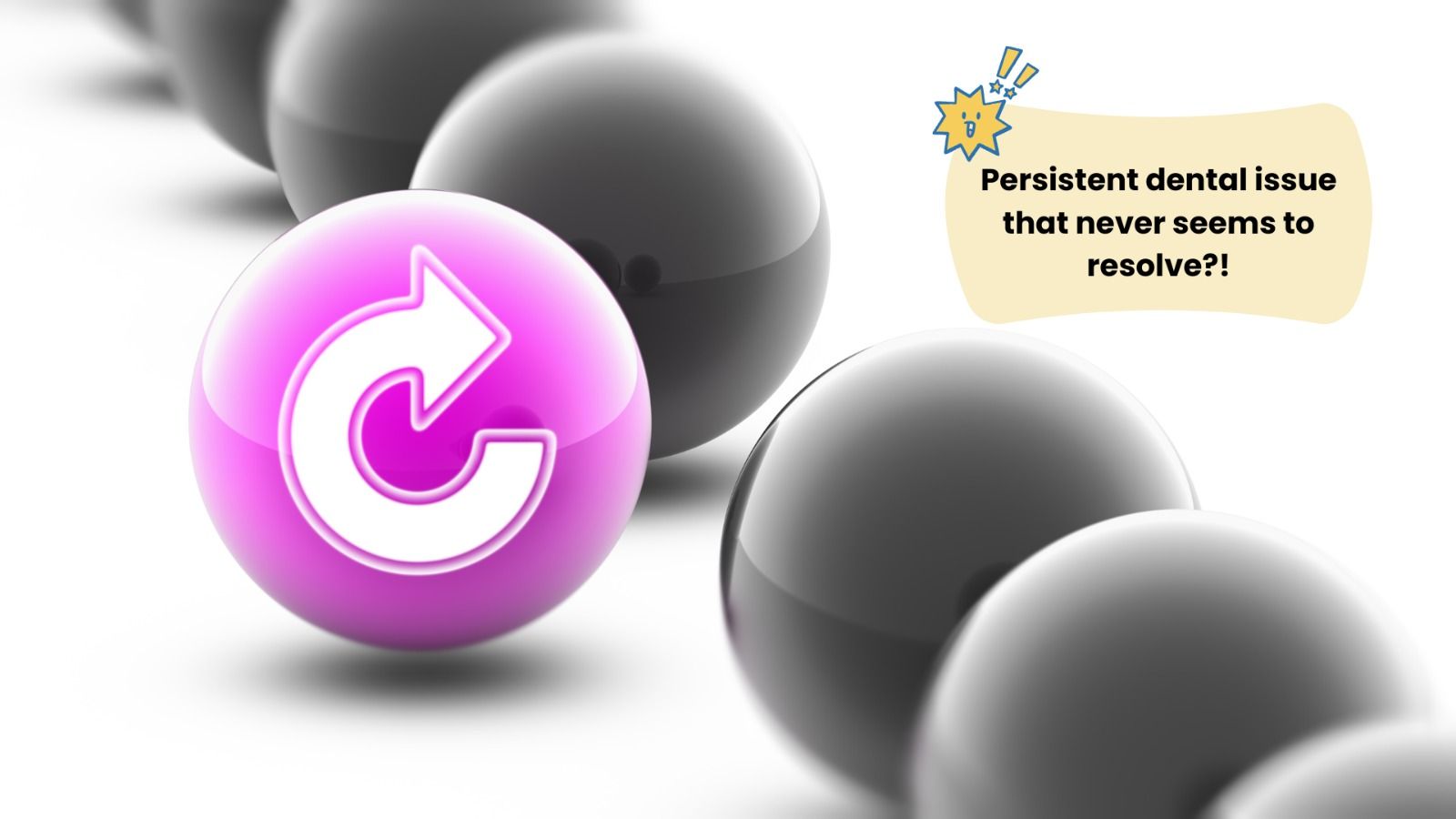
Most people expect dental problems to improve after treatment. A filling, a crown, a root canal — these are meant to solve the issue and relieve discomfort. But sometimes, a dental problem lingers despite repeated visits to the dentist. If you are stuck with persistent pain, sensitivity, or discomfort that never seems to resolve, you are not alone, and you do have options.

Facing a recommendation for complex dental treatment—such as root canal therapy, dental implants, orthodontics, or full-mouth rehabilitation—can be overwhelming. These procedures often involve significant costs, time, and long-term impact on your oral health. It is natural to feel uncertain or even skeptical. In such situations, seeking a second opinion is a wise and responsible decision.

Everyone notices a great smile. It radiates confidence, leaves a lasting impression, and can even change how you feel about yourself. The best part? You don’t have to be a celebrity to achieve one. With proper care and a few lifestyle changes, anyone can enhance their smile. Here’s a guide to some effective ways to improve your smile!
